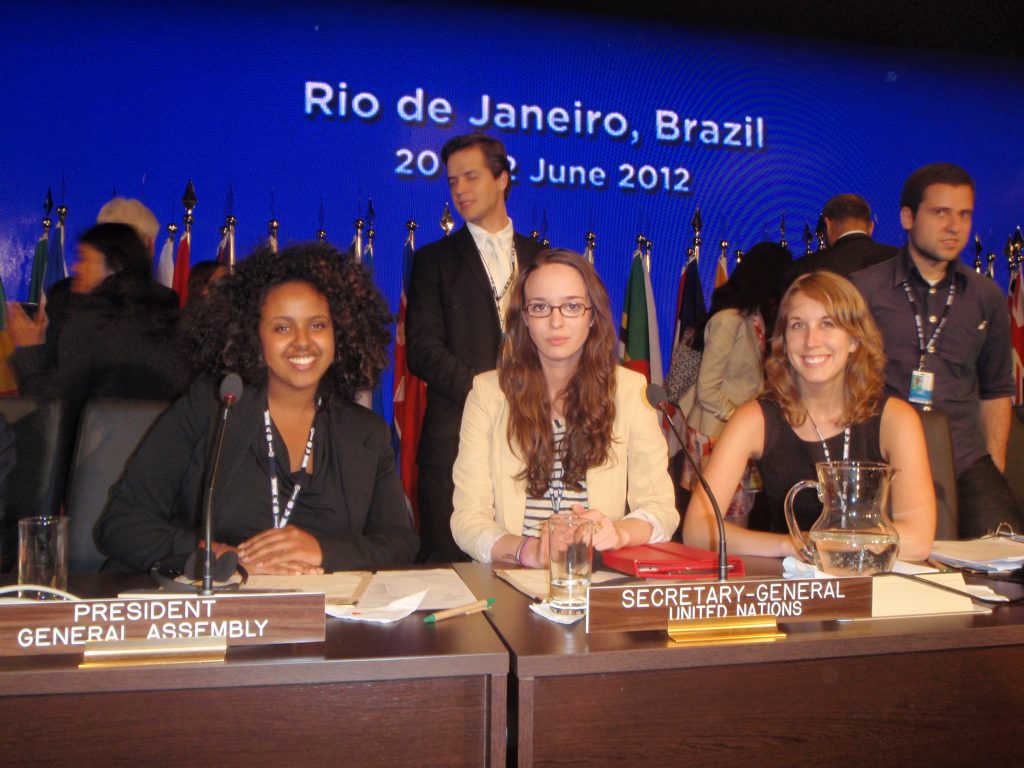About CEE
International conferences have become key venues in which diverse public, private and nonprofit actors, who are normally dispersed in time and space, convene to negotiate not just official texts, but also inter-organizational relations, and hegemonic narratives. In this National Science Foundation (NSF)-funded research, a multi-university research team uses a method called Collaborative Event Ethnography (CEE) to adapt “traditional” ethnographic methods to study how global environmental conferences precipitate paradigm shifts in global conservation. Conferences studied by the research team thus far include: 2010 Conference of the Parties to the Convention on Biological Diversity (CBD/CoP10); 2012 United Nations Conference on Sustainable Development (Rio+20); 2014 Sixth World Parks Congress; and the 2016 World Conservation Congress.
While much of my initial CEE research focused on how policy-makers use international conferences to orchestrate conservation paradigm shifts, I became intrigued by how they also offer platforms for activist networks to organize resistance to these transformations. In 2011-12, five Mount Holyoke students and I studied how activists were using the 2012 United Nations (UN) Conference on Sustainable Development (Rio+20) Major Groups’ “participatory” structure—designed to facilitate civil society input—to contest the UN green economy discourse.
Having conducted CEEs, a multi-sited institutional ethnography of USAID and “traditional” ethnographic field research in communities in Madagascar, Zimbabwe, Australia and the United States, I have a growing interest in advancing debates across sociology, anthropology and geography about the use of multi-sited institutional ethnography both to capture the everyday practices of policy-making and to challenge state-centric understandings of global governance. I am particularly intrigued by the challenge of how to bound the ethnographic field of study while examining the multiple, intersecting processes across institutions, sites and scales that produce paradigm shifts.
